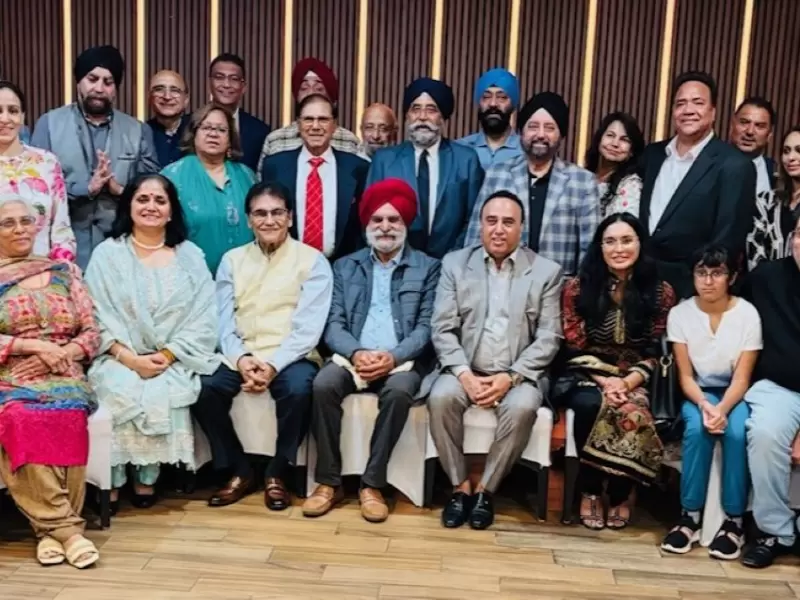Indian-origin researcher wins Google award
Indian-origin professor Vidya Chhabria receives Google’s ML & Systems grant for advancing AI-driven chip design automation tools.
 Vidya Chhabria / LinkedIn
Vidya Chhabria / LinkedIn
Indian-origin researcher Vidya Chhabria has been awarded the new Google ML and Systems Junior Faculty Award, securing $100,000 in unrestricted funding.
Chhabria, who serves as assistant professor at Arizona State University's School of Electrical, Computer, and Energy Engineering, was recognized for pushing the envelope in AI-driven design automation for very large-scale integration (VLSI) systems.
Her research addresses core challenges in physical design—optimizing for speed, power, area, and manufacturability—where traditional tools are struggling to keep up.
Also Read: Indian-origin student wins Future Innovators Scholarship at Illinois Tech
A key focus of her work is developing electronic design automation (EDA) tools enriched with AI: both autonomous AI agents to tackle complex layout tasks and generative methods to produce synthetic, large-scale datasets where industrial data is scarce. These innovations aim to make chip design more efficient, scalable, and accessible.
“Training AI for chip design is especially challenging because the lack of open-source, industrial-scale chip designs makes it difficult to create and test AI models,” Vidya told university press.
“This award helps bridge that gap by creating collaboration opportunities with Google. Mentorship and access to industry perspectives—and possibly computational resources—help keep our work industry relevant and advance AI in chip design,” she added.
The award not only provides funding but also opens the door to industry-academic collaboration, giving her group access to Google’s mentorship, perspectives, and possibly computation resources. ASU leadership emphasizes that recognition from a tech leader like Google underscores the impact and momentum of her research.
Looking ahead, Chhabria sees these advances as essential for the next generation of hardware—powering everything from data centers to edge devices. As chip complexity grows, the work of this Indian-origin researcher positions ASU to lead the charge in making AI-based EDA tools the backbone of future semiconductor innovation.



 Staff Reporter
Staff Reporter.jpg)















Comments
Start the conversation
Become a member of New India Abroad to start commenting.
Sign Up Now
Already have an account? Login